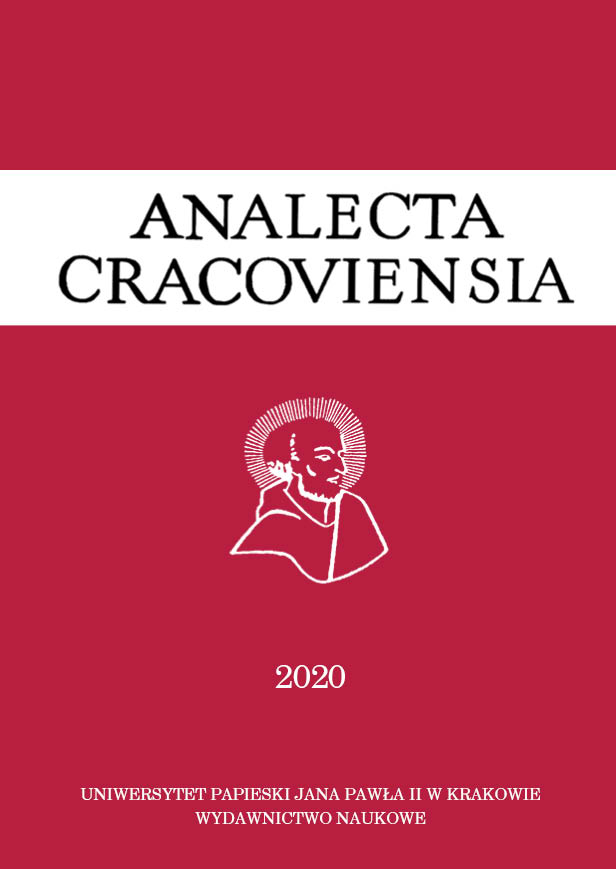The God of the “in-Between”.
DOI:
https://doi.org/10.15633/acr.4045Keywords:
Ontology, trinitarian ontology, relational ontology, Trinity, charisma of unity, triune event, Lubich Chiara, Hemmerle KlausAbstract
Based on the theses of Klaus Hemmerle’s trinitarian ontology and Chiara Lubich’s spirituality, the article shows the practical consequences of relational ontology. Its content includes the following issues: basic assumptions in everyday life and ontology; the charism of unity and its transformation into trinitarian ontology; the “in-between” as essential for the understanding of God and reality.
References
Augustinus, De Trinitate, in: S. Aurelii Augustini Opera omnia, t. 8, ed. J.-P. Migne, Parisiis 1841, Sp. 819–1098 (Patrologiae Cursus Completus. Series Latina, 42).
Hemmele K., Thesen zu einer trinitarischen Ontologie, Einsiedeln 1976.
Hemmerle K., L’ontologia del „Paradiso” ’49, „Sophia: Ricerche su i fondamenti e la correlazione dei saperi” 6 (2014) no 2, S. 127–137.
Hemmerle K., Unser Lebensraum – der dreieine Gott, „Das Prisma“ 1 (1994), S. 17–23.
Körner B., Il Dio dell’in-mezzo, „Sophia: Ricerche su i fondamenti e la correlazione dei saperi“ 8 (2016) no 2, S. 61–71.
Lubich Ch., Bis wir alle eins sein werden, München 198312.
Lubich Ch., Die Welt wird eins. Franca Zambonini im Gespräch mit der Gründerin der Fokolar-Bewegung, München 1991.
Rombach H., Strukturontologie. Eine Phänomenologie der Freiheit, Freiburg–München 19882.
Strawson P. F., Einzelding und logisches Subjekt, Stuttgart 1972.
Downloads
Published
Issue
Section
License
Authors who publish with this journal agree to the following terms:
- Authors retain the copyright and full publishing rights without restrictions, and grant the journal right of first publication with the work simultaneously licensed under a Creative Commons Attribution 4.0 International License that allows others to share the work with an acknowledgement of the work's authorship and initial publication in this journal.
- Authors are able to enter into separate, additional contractual arrangements for the non-exclusive distribution of the journal's published version of the work (e.g., post it to an institutional repository or publish it in a book), with an acknowledgement of its initial publication in this journal.
- Authors are permitted and encouraged to post their work online (e.g., in institutional repositories or on their website) prior to and during the submission process, as it can lead to productive exchanges, as well as earlier and greater citation of published work (See The Effect of Open Access).

